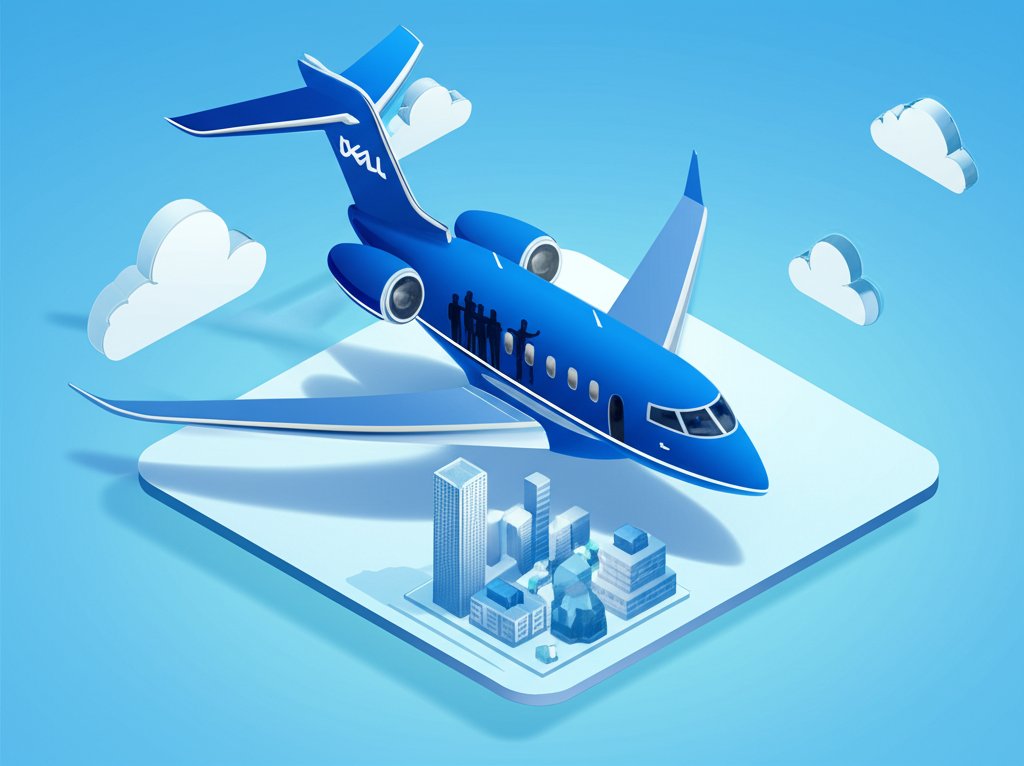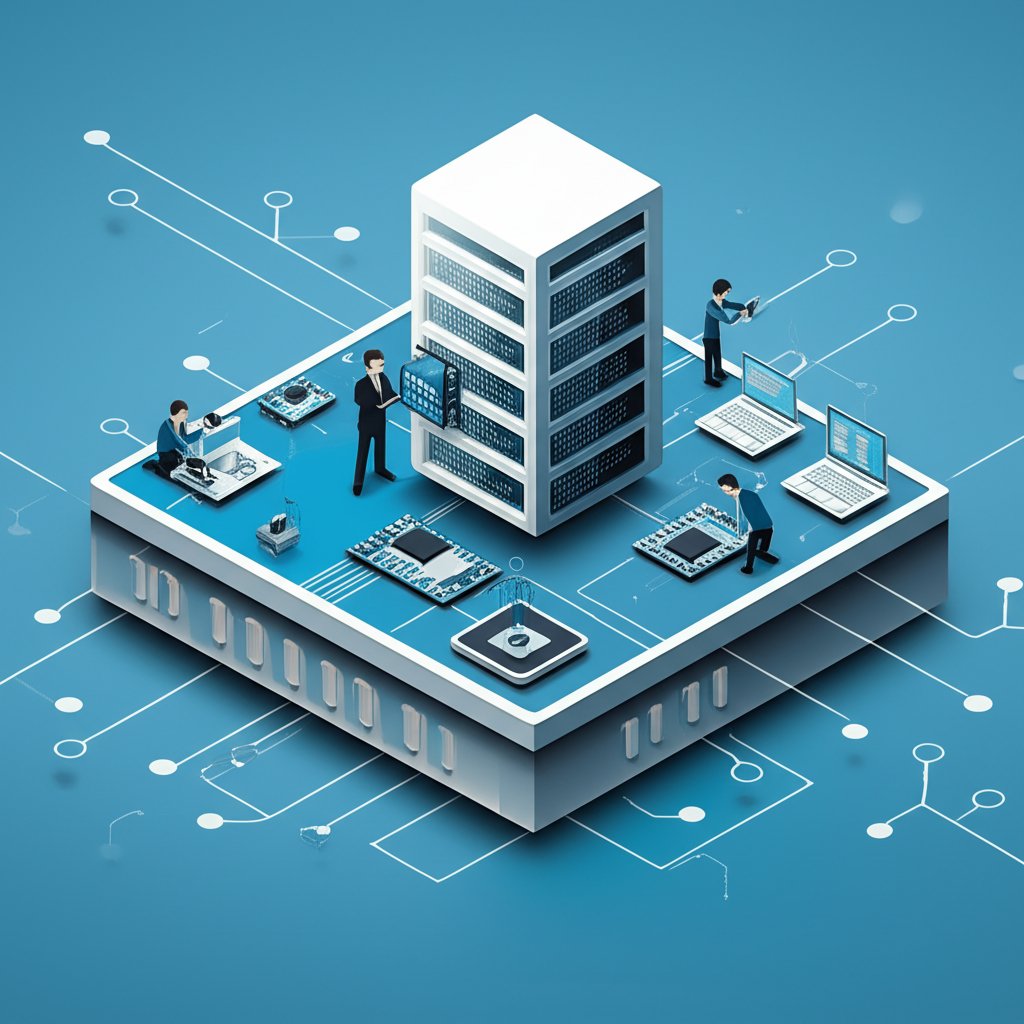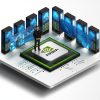The story of Michael Dell is a classic tale of entrepreneurial spirit meeting technological innovation. This michael dell biography is more than just a timeline of events; it’s the story of how a college student transformed the personal computer industry and built a multi-billion dollar empire. From his early ventures selling newspaper subscriptions to revolutionizing how computers are sold, Dell’s journey is a testament to vision, adaptability, and a relentless pursuit of customer satisfaction.
At a glance:
- Michael Dell started his business from his dorm room at the University of Texas.
- Dell revolutionized the PC industry by selling directly to consumers.
- He took Dell private in 2013 and later orchestrated the acquisition of EMC.
- The Michael and Susan Dell Foundation has contributed millions to charitable causes.
- Dell’s leadership has transformed Dell Technologies into a major IT infrastructure provider.
From Stamps to Subscriptions: Early Entrepreneurial Sparks
Born on February 23, 1965, in Houston, Texas, Michael Dell exhibited an entrepreneurial spirit from a young age. While most kids were playing games, Dell was finding ways to make money. He wasn’t just mowing lawns; at the age of 12, he earned his first $1,000 selling stamps and collectibles. This early taste of business success ignited a fire that would later fuel his groundbreaking ventures in the tech world.
His ambition didn’t stop there. Recognizing that newlyweds and new homeowners were prime targets, he sold subscriptions to the Houston Post. This wasn’t just a summer job; it was a masterclass in identifying customer needs and targeting his sales efforts. He earned a staggering $18,000 in a year, demonstrating an innate ability to understand market dynamics and turn opportunities into profits.
Dorm Room Dreams: The Birth of Dell Computer
Dell’s fascination with technology grew, and at 15, he disassembled an early Apple computer simply to understand how it worked. This curiosity, coupled with his entrepreneurial drive, led him to the University of Texas as a pre-med student. However, the allure of the burgeoning PC industry proved too strong. Seeing the potential for customized, affordable computers, he started building and selling upgrade kits from his dorm room.
He soon realized he could build entire systems and sell them directly to customers, cutting out the middleman and offering more competitive prices. This direct-to-consumer approach was revolutionary at the time. With just $1,000 from his savings, he formally launched his business, initially called PCs Limited. By 1984, his sales had soared to $6 million, a clear sign that he was onto something big. This early success led him to drop out of college at the age of 19 to focus fully on his growing company.
Rebranding and Rapid Growth: Becoming a Tech Giant
In 1987, PCs Limited officially became Dell Computer Corporation. The company’s growth was explosive. At 27, Michael Dell became the youngest CEO of a Fortune 500 company, a remarkable achievement that underscored his vision and leadership.
However, the road wasn’t always smooth. In 1993, Dell faced a significant challenge as the PC market experienced a downturn. A scrapped laptop line and plummeting stock prices threatened the company’s future. Dell recognized the need for change and brought in seasoned executives to help steer the ship. Within a year, the company rebounded, posting impressive profits and demonstrating resilience.
Then, in 1996, Dell embraced the internet, a move that would further propel its growth. By selling computers online, the company quickly reached $1 million in online sales per day. This embrace of e-commerce cemented Dell’s position as an innovator and further streamlined its direct-to-consumer model. By 2001, Dell had surpassed Compaq to become the world’s largest PC maker, holding a 12.8% market share.
Stepping Aside and Returning: Navigating Leadership Changes
In March 2004, Michael Dell stepped down as CEO, handing the reins to Kevin Rollins. While Dell remained chairman of the board, this marked a significant shift in leadership. However, after a period of mixed performance, the board invited Dell to return as CEO in 2007.
Dell’s return signaled a renewed focus on innovation and strategic diversification. He led the company through a significant transition, shifting its focus from solely PC sales to IT services and infrastructure. This move was crucial to compete with companies like HP and IBM and adapt to the evolving technology landscape.
Taking Dell Private: A Bold Move for the Future

In 2013, Michael Dell orchestrated a bold move: taking the company private in a $24.4 billion leveraged buyout. He retained a 16% stake, demonstrating his long-term commitment to the company’s success. This decision allowed Dell to implement long-term strategies without the pressures of quarterly earnings reports and public market scrutiny. As of 2023, his estimated net worth stands at approximately $40 billion, thanks to his innovative work in the PC industry Dells Net Worth Explored.
The EMC Acquisition: A Transformative Deal
Dell Technologies made headlines with the $67 billion acquisition of EMC, a deal that reshaped the technology landscape. This acquisition positioned Dell as a leader in data storage, hybrid cloud, and IT services, transforming the company into a comprehensive enterprise IT provider.
The acquisition of EMC shifted the company’s focus to cloud infrastructure, data management, and digital transformation. This strategic move allowed Dell Technologies to compete more effectively in the rapidly evolving technology market and solidify its position as a dominant player. In 2018, Dell Technologies returned to public trading through a buyback of VMware tracking shares, avoiding a traditional IPO.
Philanthropy: Giving Back Through the Michael and Susan Dell Foundation
Beyond his business acumen, Michael Dell is also known for his philanthropic efforts. Together with his wife, Susan, whom he married in 1989, he established the Michael and Susan Dell Foundation in 1999. The foundation has contributed millions of dollars to various causes, including education, health, and disaster relief.
The Dells believe in addressing societal needs during one’s lifetime rather than deferring action. In 2006, the foundation donated $50 million to the University of Texas, demonstrating their commitment to improving educational opportunities. The foundation provided critical support to victims of the tsunami that struck southern Asia.
Challenges and Controversies: Navigating Ethical Issues
Despite his success, Michael Dell’s career has not been without its challenges. In 2010, Dell faced a $100 million penalty to settle U.S. SEC charges over accounting fraud. The SEC alleged that Dell had failed to disclose substantial payments from Intel in exchange for not using AMD processors, inflating the company’s earnings. Furthermore, the company also faced scrutiny over product quality issues, highlighting the need for continuous improvement and ethical business practices.
Leadership Style and Personal Life: Beyond the Boardroom

Intensely private and notoriously shy, Michael Dell has evolved over the years, thanks in part to his wife, Susan. Together, they have four children and share a commitment to family and community. They form a close-knit family, guided by shared values of philanthropy and community support. As you might imagine, his day-to-day life is far from mundane, filled with meetings, strategic decisions, and travel, often aboard Dells Private Jet Details.
Legacy and Influence: Shaping the PC Industry
Michael Dell’s influence on the PC industry is undeniable. His direct-to-consumer model revolutionized how computers are sold, making technology more accessible and affordable for consumers. Dell’s journey from a college dorm room to the helm of a global technology giant is an inspiration to entrepreneurs worldwide.
His story is so compelling that, in 1999, he published a best-selling book about his success, Direct from Dell: Strategies That Revolutionized the Industry. This book provides insights into Dell’s business philosophy and offers valuable lessons for aspiring entrepreneurs.
Key Takeaways and Lessons Learned
Michael Dell’s journey offers several key lessons for aspiring entrepreneurs:
- Embrace Innovation: Dell constantly sought new ways to improve his business model and adapt to changing market conditions.
- Focus on Customer Needs: Dell’s direct-to-consumer approach was driven by a desire to provide customized solutions and superior customer service.
- Be Adaptable: Dell successfully navigated challenges and controversies, demonstrating resilience and a willingness to learn from mistakes.
- Give Back to the Community: Dell’s philanthropic efforts through the Michael and Susan Dell Foundation reflect a commitment to making a positive impact on society.
What Does the Future Hold for Michael Dell?
While Michael Dell has already achieved remarkable success, he shows no signs of slowing down. He remains actively involved in Dell Technologies, guiding the company’s strategic direction and driving innovation. As technology continues to evolve, Dell’s leadership will be crucial in shaping the future of the IT industry. His strategic decisions, including taking the company private in a historic $24 billion buyout, reflect a keen understanding of market dynamics and the need to adapt in a rapidly changing tech landscape. In May 2024, Dell announced a partnership with Nvidia and ServiceNow to develop “AI factories,” aiming to provide scalable AI infrastructure solutions to enterprise clients. Dell believes in addressing societal needs during one’s lifetime rather than deferring action until after death.
Common Questions About Michael Dell
- How did Michael Dell start his company? Michael Dell started his company from his dorm room at the University of Texas, selling customized PCs directly to customers.
- What is Michael Dell’s net worth? As of 2023, Michael Dell’s net worth is estimated to be approximately $40 billion.
- What is the Michael and Susan Dell Foundation? The Michael and Susan Dell Foundation is a philanthropic organization that supports various causes, including education, health, and disaster relief.
- Why did Michael Dell take Dell private in 2013? Michael Dell took Dell private to implement long-term strategies without the pressures of quarterly earnings reports and public market scrutiny.
- What was the significance of Dell’s acquisition of EMC? The acquisition of EMC transformed Dell into a leading provider of data storage, hybrid cloud, and IT services.
Your Next Step: Embracing the Entrepreneurial Spirit
Michael Dell’s story isn’t just a michael dell biography; it’s a blueprint for success. Whether you’re launching a startup or looking to innovate within your current organization, his journey offers valuable lessons. Identify a need, embrace innovation, and never underestimate the power of a direct connection with your customers. What problem can you solve? What value can you create? Start today, and you might just build the next tech giant.










